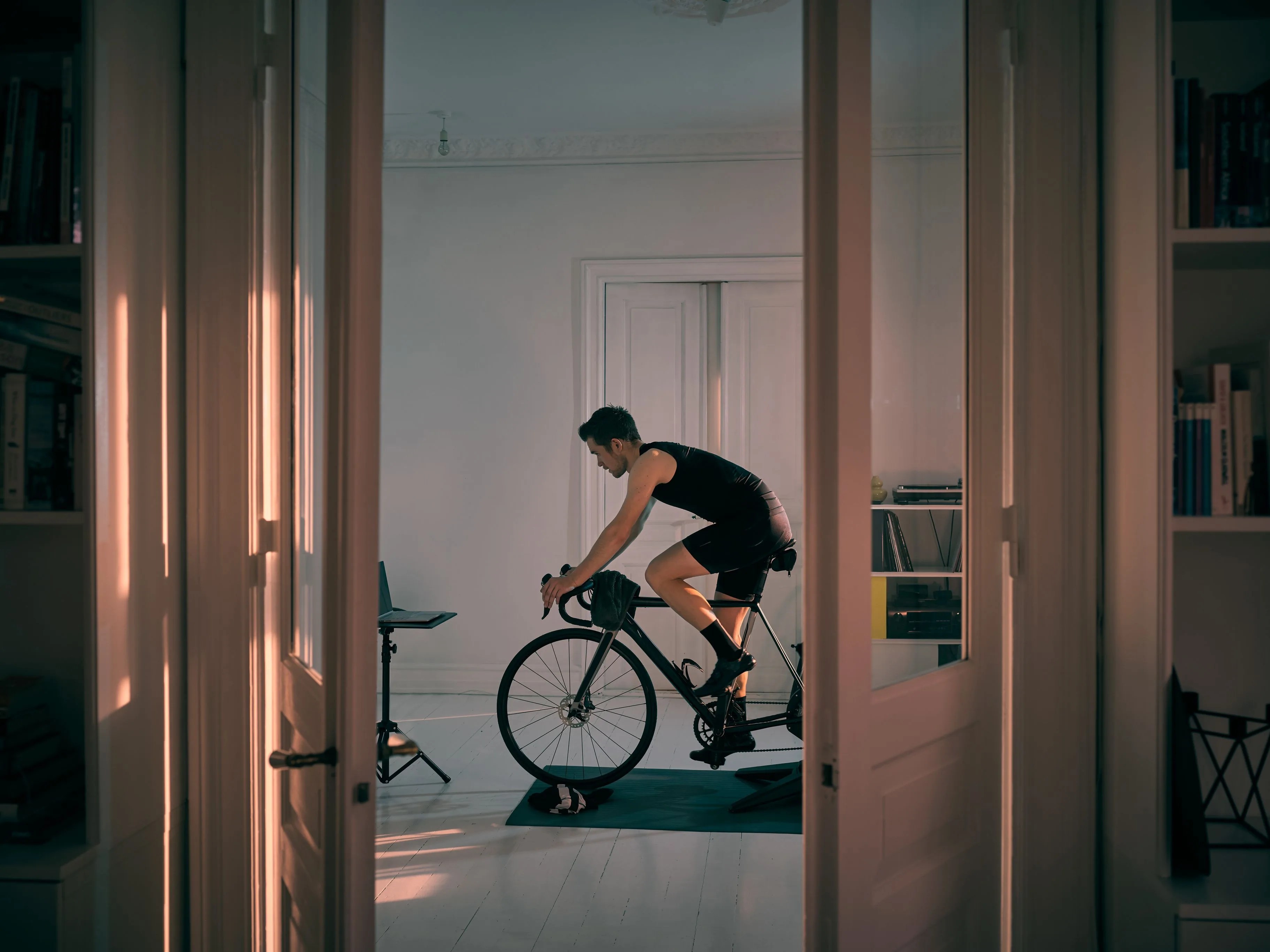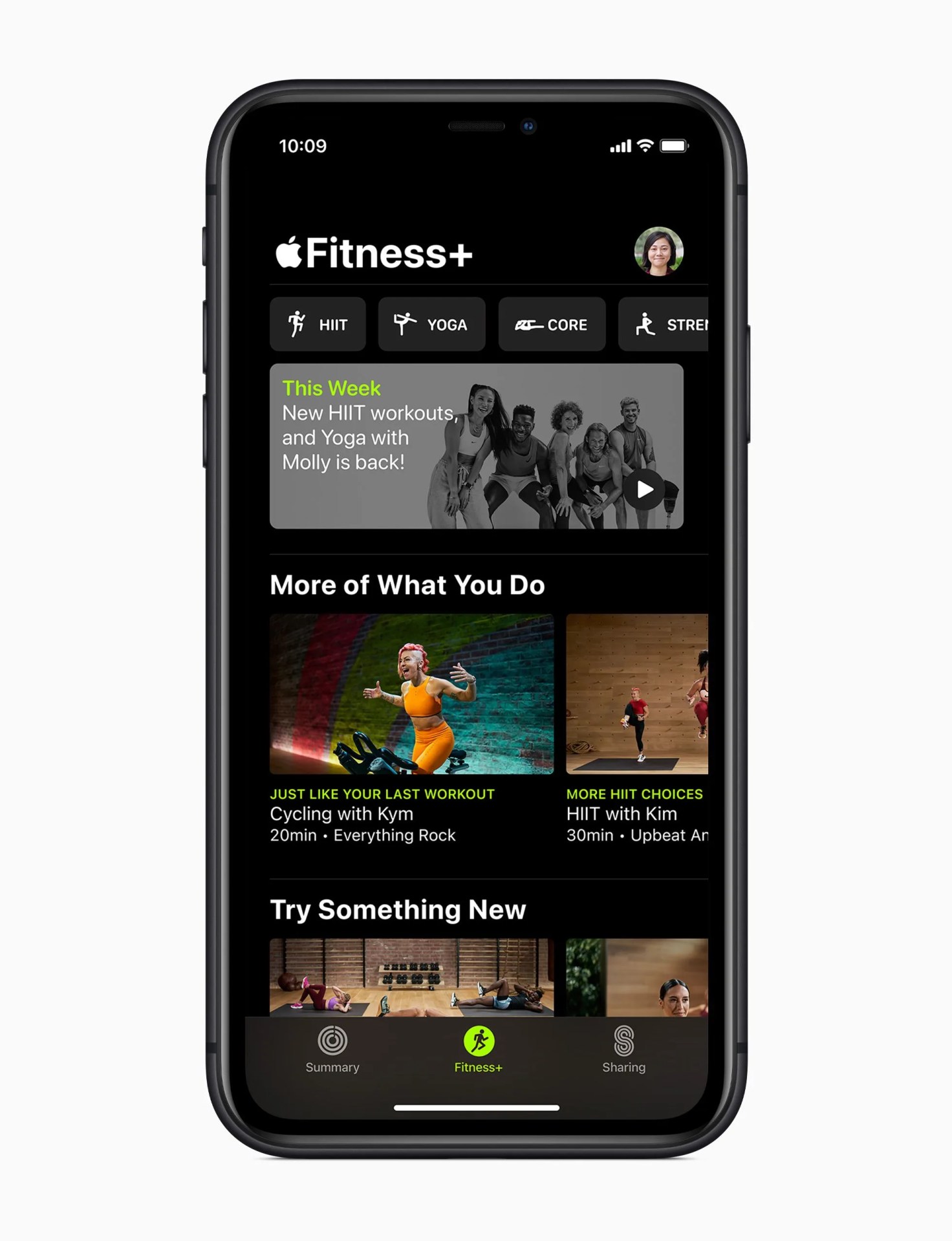When gyms shutdown because of COVID-19, consumers scrambled to find new ways to maintain a fitness regimen. Home gym equipment sales surged, with internet-connected at-home fitness-gear maker Peloton reporting a 66 percent boost in business in May and a whopping 176 per-cent increase by September.

NordicTrack, Tempo, Tonal, Technogym and many other brands joined in on the fun. Since the pandemic began, it seems like every fitness brand on the planet has pushed some version of the smartest, hardest-work-ing, AI-powered, on-demand personal train-er, rep counter and new best friend in the shape of a bike, rowing machine, vertical climber or … mirror.
In theory, with everything shuttered, the pandemic was the perfect time to hunker down, focus, and get into the best shape ever. But according to a survey conducted by the American Psychological Association, we spent less time with our new fitness purchases and more time doomscrolling online, packing on the pounds in the process (hello,Quarantine 15).
When you look in the mirror — even if it’s a Mirror — you have to be disciplined to do the work.
There are ample benefits to training at home: cleaner showers, fewer idiots leaving gum in the water fountain. Plus, there’s always parking. But only a dummy would stock up on the most expensive smart at-home fitness equipment without thinking it through first.
Research published in the journal Frontiers in Public Health suggests that technology (apps and trackers) can promote increased exercise during free time. But the study was conducted in 2017, well before the flood of smart gyms and the pandemic. Also, the long-term benefits and retention rates were unclear, and the study’s authors found that the tech didn’t adequately engage those who need it most — inactive adults.



